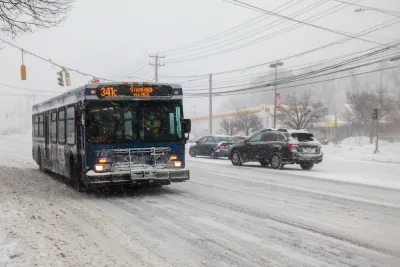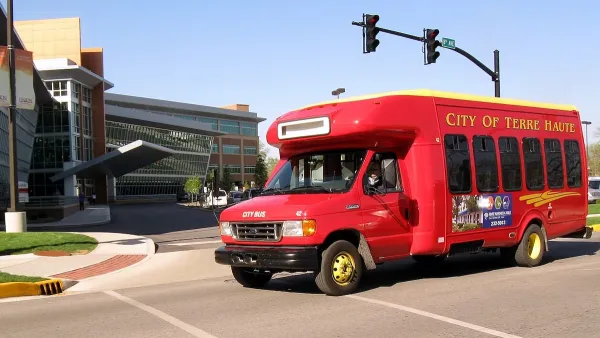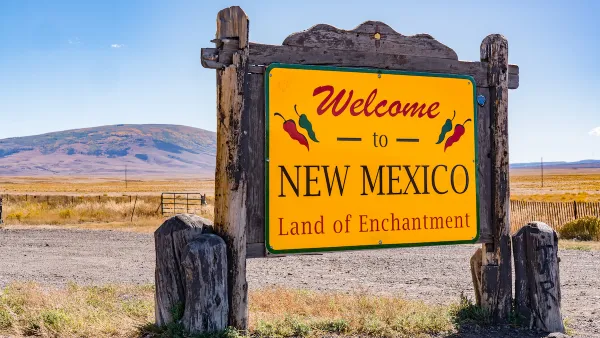State officials say federal requirements forced the end of a twelve-month pilot program, and that the state doesn’t have the funding to continue providing free fares with the end of federal assistance.

“After a year of free rides, CTtransit and other public transit buses ended a yearlong fare-free transit program originally introduced to expedite boarding during the COVID pandemic and help residents financially during tough economic times.” Writing for Connecticut Public Radio, Chris Polansky investigates the reasons why.
According to the state’s governor, “the federal government forced the popular program to expire” by mandating an equity study before free fares can resume. A spokesperson for the Federal Transit Administration (FTA) said “Setting fares is a local – and in this case, state – decision,” but that the equity analysis, a “routine activity,” is indeed required to continue a fare-free program past twelve months.
The article details the back-and-forth between state DOT officials, the governor’s office, and state lawmakers. While lawmakers say a fare-free program isn’t possible without federal dollars and would lead to service reductions, “advocates for free transit service point to a projected better-than-$200 million surplus in the state’s Special Transportation Fund they believe could be used to cover that cost and keep the program rolling.”
Christine Cohen, D-Guilford, chair of the Senate Transportation Committee, said “funding the program would create a ‘significant hole’ in the STF [Special Transportation Fund], leaving it in the red a few years from now.” Governor Lamont’s office says it “remains committed to working with all stakeholders to increase service and ridership in a way that is accessible and fair to all.”
FULL STORY: Free fares are over for CT bus riders. Who's to blame?

National Parks Layoffs Will Cause Communities to Lose Billions
Thousands of essential park workers were laid off this week, just before the busy spring break season.

Retro-silient?: America’s First “Eco-burb,” The Woodlands Turns 50
A master-planned community north of Houston offers lessons on green infrastructure and resilient design, but falls short of its founder’s lofty affordability and walkability goals.

Delivering for America Plan Will Downgrade Mail Service in at Least 49.5 Percent of Zip Codes
Republican and Democrat lawmakers criticize the plan for its disproportionate negative impact on rural communities.

Test News Post 1
This is a summary

Test News Headline 46
Test for the image on the front page.

Balancing Bombs and Butterflies: How the National Guard Protects a Rare Species
The National Guard at Fort Indiantown Gap uses GIS technology and land management strategies to balance military training with conservation efforts, ensuring the survival of the rare eastern regal fritillary butterfly.
Urban Design for Planners 1: Software Tools
This six-course series explores essential urban design concepts using open source software and equips planners with the tools they need to participate fully in the urban design process.
Planning for Universal Design
Learn the tools for implementing Universal Design in planning regulations.
EMC Planning Group, Inc.
Planetizen
Planetizen
Mpact (formerly Rail~Volution)
Great Falls Development Authority, Inc.
HUDs Office of Policy Development and Research
NYU Wagner Graduate School of Public Service





























